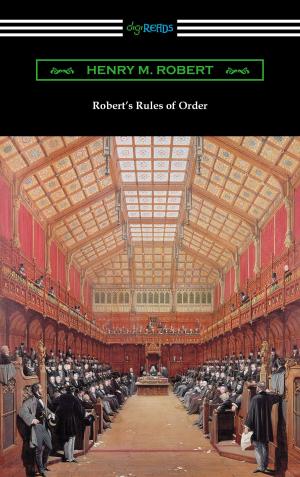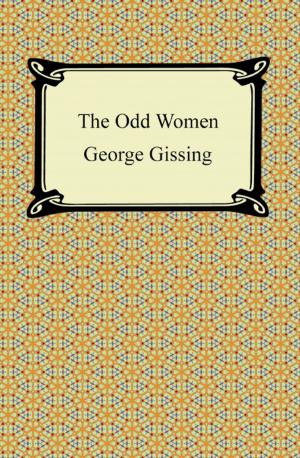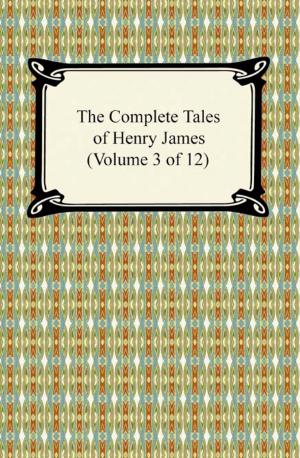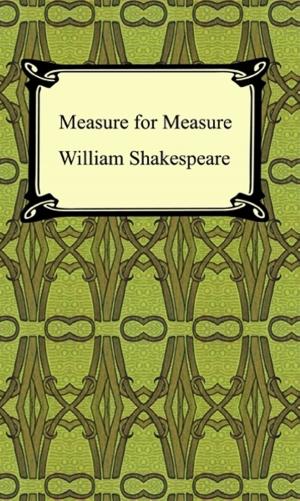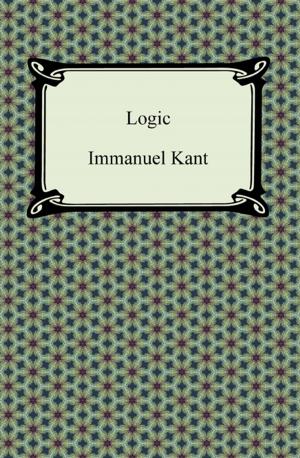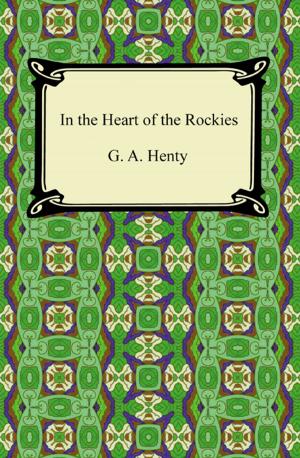Essays: Moral, Political, and Literary (Volume I of II)
Fiction & Literature, Essays & Letters, Essays| Author: | David Hume | ISBN: | 9781420944938 |
| Publisher: | Neeland Media LLC | Publication: | January 1, 2012 |
| Imprint: | Digireads.com Publishing | Language: | English |
| Author: | David Hume |
| ISBN: | 9781420944938 |
| Publisher: | Neeland Media LLC |
| Publication: | January 1, 2012 |
| Imprint: | Digireads.com Publishing |
| Language: | English |
David Hume (1711-1776) is regarded as one of the most significant literary figures in the history of the Scottish Enlightenment and Western philosophy. A Scottish born historian, philosopher, economist, and essayist, Hume is especially known for his concentration in philosophical empiricism and skepticism. He is often grouped with a handful of other British Empiricists of the time such as John Locke and George Berkeley. As a strong empiricist and a prominent figure in the skeptical philosophical tradition, Hume strove to create a total naturalistic approach to the "science of man" that examined the psychological basis of human nature. He is chiefly known today for his work, "Treatise of Human Nature" (1739), a treatment on human cognition that includes important statements of his skepticism and experimental method. Almost twenty years later, he produced a collection of essays that gained favorable response to the public. "Essays: Moral, Political, and Literary" (1758) is a two volume compilation of essays by David Hume. Part I includes the essays that largely cover political and aesthetic issues, while Part II delves into economic themes.
David Hume (1711-1776) is regarded as one of the most significant literary figures in the history of the Scottish Enlightenment and Western philosophy. A Scottish born historian, philosopher, economist, and essayist, Hume is especially known for his concentration in philosophical empiricism and skepticism. He is often grouped with a handful of other British Empiricists of the time such as John Locke and George Berkeley. As a strong empiricist and a prominent figure in the skeptical philosophical tradition, Hume strove to create a total naturalistic approach to the "science of man" that examined the psychological basis of human nature. He is chiefly known today for his work, "Treatise of Human Nature" (1739), a treatment on human cognition that includes important statements of his skepticism and experimental method. Almost twenty years later, he produced a collection of essays that gained favorable response to the public. "Essays: Moral, Political, and Literary" (1758) is a two volume compilation of essays by David Hume. Part I includes the essays that largely cover political and aesthetic issues, while Part II delves into economic themes.

